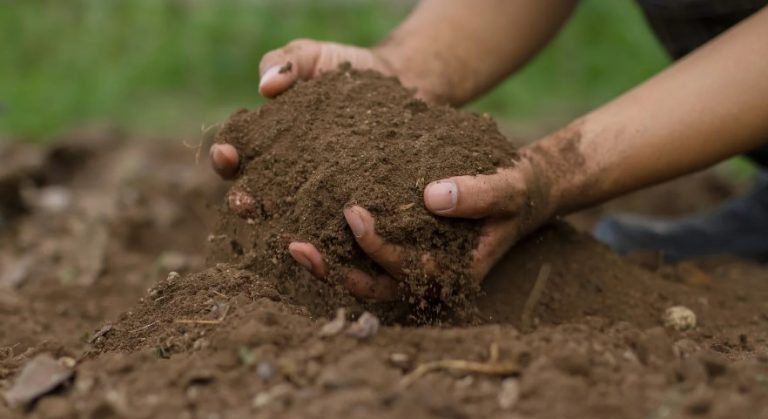How to Get Rid of Weeds Permanently?
Weeds are the bane of every gardener’s existence. These unwelcome guests compete with your plants for nutrients, water, and sunlight, and if left unchecked, they can quickly take over your garden. But fear not! With the right strategies and a bit of persistence, you can get rid of weeds permanently and keep your garden looking pristine. Here’s how:
1. Understand Your Weeds

Before diving into weed removal, it’s crucial to understand what you’re dealing with. Weeds come in various forms:
- Annual Weeds: Complete their life cycle in one season (e.g., crabgrass).
- Perennial Weeds: Live for several years, often with deep root systems (e.g., dandelions).
- Biennial Weeds: Take two years to complete their life cycle (e.g., burdock).
Identifying the type of weeds in your garden helps in selecting the most effective removal method.
2. Prevention Is Better Than Cure
The best way to deal with weeds is to prevent them from sprouting in the first place. Here are some preventive measures:
Mulching
Mulch acts as a barrier by blocking sunlight from reaching weed seeds. Organic mulches (like wood chips, straw, or compost) not only suppress weeds but also enrich the soil as they decompose.
Landscape Fabric
For more persistent weed problems, consider using landscape fabric under mulch. This fabric provides an extra layer of protection by preventing weed seeds from germinating.
Proper Plant Spacing
Planting your flowers, vegetables, or shrubs closely together creates a natural canopy that shades the soil, making it difficult for weeds to grow.
3. Manual Weed Removal
Sometimes, good old-fashioned manual labor is the best way to tackle weeds:
Hand Pulling
For small areas or new weed growth, hand pulling is effective. Ensure you remove the entire root to prevent the regrowth of weed.
Hoeing
A garden hoe is perfect for larger areas. Regular hoeing cuts weeds off just below the surface, disrupting their growth.
Digging

For deep-rooted perennial weeds, use a weeding tool or a garden fork to dig out the roots completely.
4. Chemical Control
Herbicides can be an effective way to get rid of weeds, but they should be used sparingly and with caution:
Selective Herbicides
These target specific types of weeds without harming other plants. They’re useful for lawns where you want to eliminate weeds but keep the grass.
Non-Selective Herbicides
These kill any plant when they come into contact with it. Use them for areas where you want to clear everything, like driveways or patios.
5. Organic Weed Control Methods
If you prefer an eco-friendly approach, consider these organic weed control methods:
Vinegar Solution
A mixture of vinegar, salt, and dish soap can be sprayed directly onto weeds. The vinegar dries out the weeds, while the salt prevents them from growing back.
Boiling Water
Pouring boiling water on weeds is an effective way to kill them, especially in cracks and crevices of sidewalks or driveways.
Corn Gluten Meal
This natural pre-emergent herbicide prevent the weed seeds from germinating. Apply it to your garden in early spring before weeds start to grow.
6. Maintain Healthy Soil

Healthy soil can suppress weed growth by providing an environment where desirable plants outcompete weeds:
Regular Soil Testing
Test your soil regularly to make sure it has the right balance of nutrients. Amend the soil as needed to maintain its health.
Composting
Adding compost to your garden enriches the soil, improves its structure, and helps retain moisture, all of which contribute to healthier, more competitive plants.
7. Consistent Maintenance
The key to permanent weed control is consistency. Regularly inspect your garden for new weed growth and remove weeds before they have a chance to set seeds.
Weed Early and Often
Catching weeds early makes them easier to kill and stops them from spreading.
Seasonal Clean-Up
At the end of each growing season, clean up your garden thoroughly and do soil removal. Remove dead plants and debris where weeds can hide and survive the winter.
Conclusion
Getting rid of weeds permanently is a challenge, but with the right strategies, it’s entirely possible. Understanding your weeds, preventing their growth, removing them manually or chemically, and maintaining healthy soil are all part of a comprehensive weed control plan. Stay consistent with your efforts, and your garden will thrive, free from the menace of weeds. Happy gardening!


